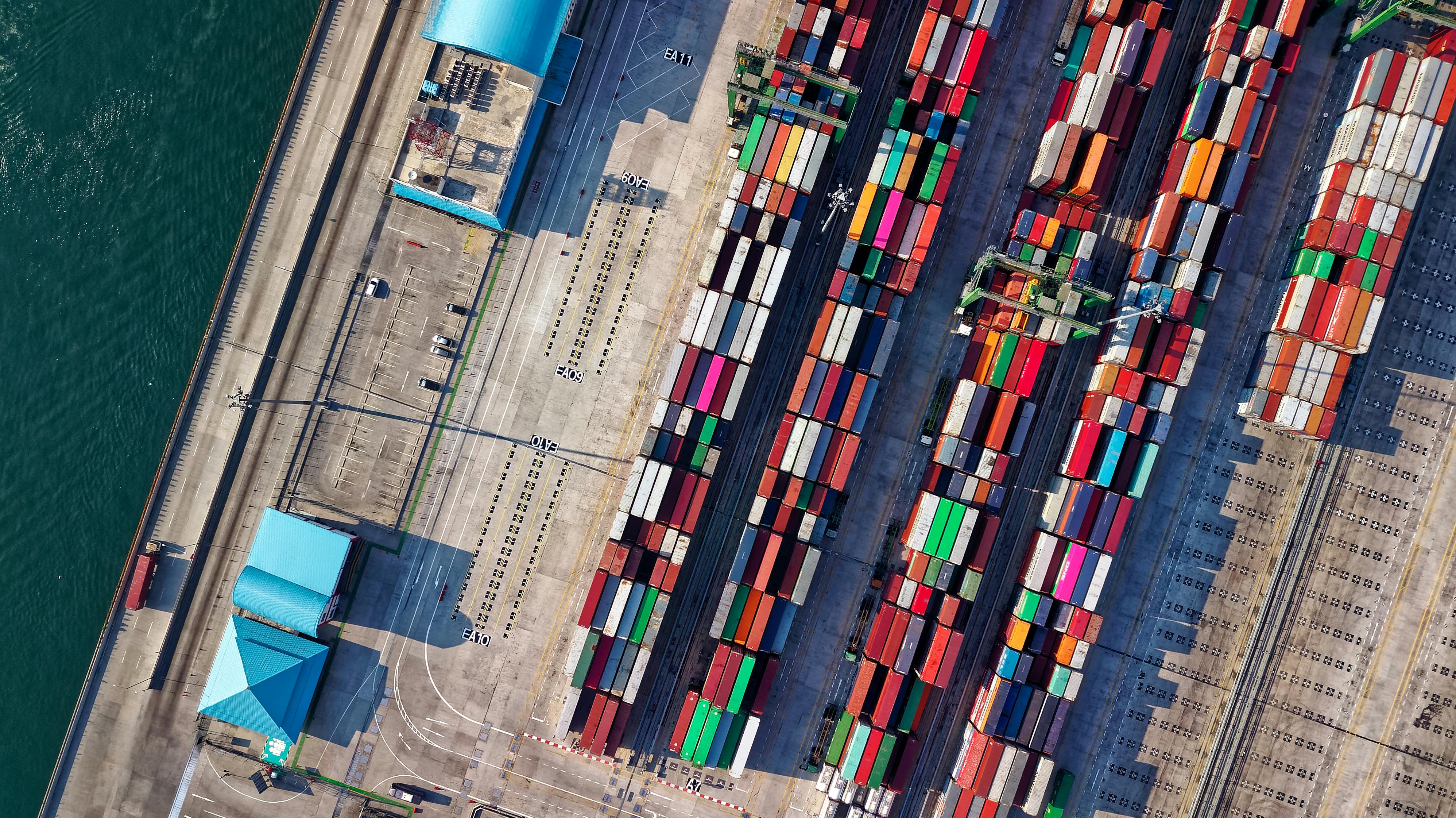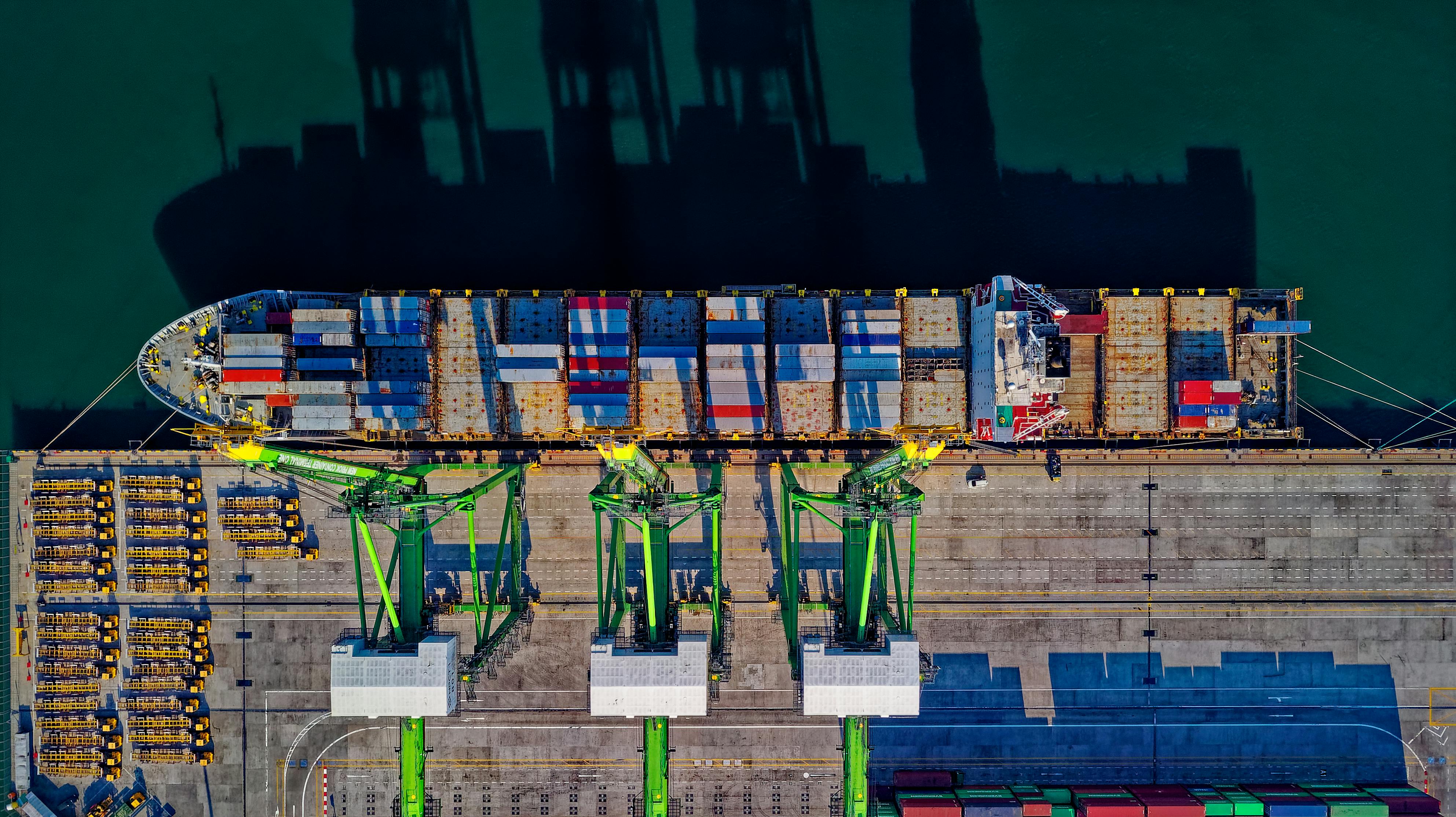

In the field of maritime transport in international trade, ‘three consistent bill’ is an unquestionable iron law, which runs through the whole process of goods from the port of dispatch to the arrival of the port of destination delivery, profoundly affecting the smooth progress of each trade link, the importance of which is like a compass in the navigation, once deviated from, may be caught in the trade of the ‘stormy whirlpool’.
The so-called ‘three bills’, namely, Bill of Lading, Manifest and Customs Declaration.
As a symbol of ownership of goods, the bill of lading is issued by the shipping company or its agent, and the consignee needs to pick up the goods at the port of destination with the original bill of lading; the manifest is a detailed record of the transported goods made by the shipping company, covering the name, quantity, weight, volume of the goods, as well as the consignee and sender of the goods, and other key information, which is an important basis for the arrangement and management of the shipment.The Customs Declaration is a document for import and export enterprises to declare the details of import and export of goods to the Customs, according to which the Customs implements supervision, levies taxes and other functions to ensure that the goods enter and leave the country legally.
 Why must these three documents be strictly consistent?
Why must these three documents be strictly consistent?
From the perspective of Customs supervision, accurate and consistent information on the three documents is an important basis for Customs enforcement, and a key line of defence against smuggling, tax evasion and other offences. If the three single information deviation, the Customs will be difficult to accurately verify the actual situation of the goods, which is very likely to cause the goods to stay in the Customs, accept the strict inspection, the enterprise will even face high fines, seriously hampering the efficiency of customs clearance of goods, interfering with the normal rhythm of trade enterprises.
For example:
→ "An export enterprise attempted to evade customs duties by declaring the value of the goods on its customs declaration to be lower than the actual value, while there were ambiguities and inconsistencies in the information on the goods on the bill of lading and manifest."
●Customs discovered these problems during inspection and not only imposed a heavy fine on the enterprise, but also seized the goods, resulting in a delay in delivery of the goods.
→ The enterprise not only had to bear additional storage costs, but also damaged its business reputation by failing to deliver the goods to the customer on time, and the subsequent orders were reduced drastically, which can be regarded as a heavy loss.
 The operation of shipping companies is also highly dependent on the ‘three consistent bills’. Once the information on manifest and bill of lading is contradictory, the goods will be easily confused in the loading and unloading and transporting process, and cannot be accurately delivered to the hands of the consignee. Upon arrival at the port of destination, if the information on the three documents does not match, the shipping company may encounter the consignee's refusal to accept the goods, and may also be challenged and investigated by the port authorities, which will lead to a series of disputes and additional costs, such as demurrage and soaring storage fees, etc., and the shipping company's reputation and economic interests will suffer a heavy blow.
The operation of shipping companies is also highly dependent on the ‘three consistent bills’. Once the information on manifest and bill of lading is contradictory, the goods will be easily confused in the loading and unloading and transporting process, and cannot be accurately delivered to the hands of the consignee. Upon arrival at the port of destination, if the information on the three documents does not match, the shipping company may encounter the consignee's refusal to accept the goods, and may also be challenged and investigated by the port authorities, which will lead to a series of disputes and additional costs, such as demurrage and soaring storage fees, etc., and the shipping company's reputation and economic interests will suffer a heavy blow.
In the transaction process between the two sides of the trade, the ‘three bills of lading’ is directly related to the payment of goods and transaction security. In the letter of credit settlement mode, the bank will be three single strict audit, any minor inconsistencies may become the reason why bank refuses to pay. For the exporter, the money can not be successfully accounted for will put it into liquidity difficulties; importers who receive the goods and the contract and documents have differences, will also suffer economic losses and trade risks, such as the quality of the goods, the number of non-conformity, or due to the documents lead to the obstruction of pick-up, and so on.
In 2022, a company in Shenzhen, for example, its export of a number of high-end customised furniture to foreign countries, due to staff errors, the material information on the customs declaration is inconsistent with the bill of lading, manifest, customs determined that there is a risk of inaccurate declarations, and then seized the goods to carry out an in-depth investigation. This detention is a few months, during the period of high storage fees generated by the company's suffering. Banks refused to pay because of the discrepancy between the three bills, overseas customers also failed to receive the furniture as scheduled, cancelled subsequent orders and claims, the company's reputation was damaged, the market share has shrunk considerably, the financial turnover is in a desperate situation, once on the verge of closure.
 This case profoundly reveals that in the maritime trade, ‘three single consistent’ is the lifeblood of the survival and development of enterprises, once the violation, will be plunged into the abyss of doom, the interests of all parties will suffer a heavy blow, any slight negligence may trigger unbearable ‘butterfly effect Any small negligence may trigger an unbearable ‘butterfly effect’, bringing disastrous consequences to the whole trade chain.
This case profoundly reveals that in the maritime trade, ‘three single consistent’ is the lifeblood of the survival and development of enterprises, once the violation, will be plunged into the abyss of doom, the interests of all parties will suffer a heavy blow, any slight negligence may trigger unbearable ‘butterfly effect Any small negligence may trigger an unbearable ‘butterfly effect’, bringing disastrous consequences to the whole trade chain.
In practice, in order to achieve the ‘three consistent documents’, it is necessary for import and export enterprises, freight forwarders, customs brokers, shipping companies and other participants to work closely together, each in its own way, and uphold a high degree of responsibility and rigorous work attitude.

HOW TO DO:
Enterprises: Filling in all kinds of documents must carefully check the details of the cargo information to ensure accuracy.
Freight forwarders and customs brokers: Give full play to their professional advantages, and carefully audit each document to detect and correct possible inconsistencies in a timely manner.
Shipping companies: Strengthen the internal management process to ensure the accuracy and timeliness of the manifest information.
The ‘three consistent bills’ is the lifeline of international trade and maritime transport, closely maintaining the prosperity and stability of global trade. Every practitioner should deeply understand that what we are guarding is not only a single document, but also a bridge for economic exchanges and co-operation among countries, a hope for the survival and development of countless enterprises, and a cornerstone for the stability of the global industrial chain supply chain!





Customer's favorable comments is our eternal motivation. We feel grateful for all the support and company.

Lorem ipsum dolor sit amet, consetetur sadipscing elitr, sed diam nonumy eirmod tempor invidunt ut labore et dolore magna aliquyam erat, sed diam voluptua.

